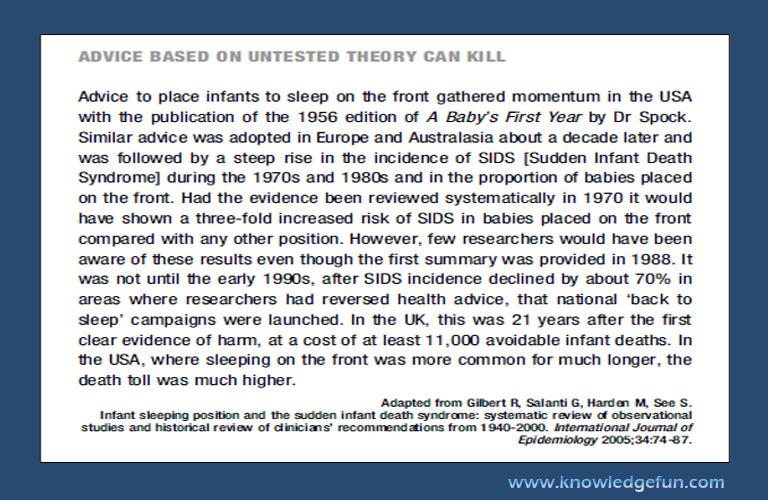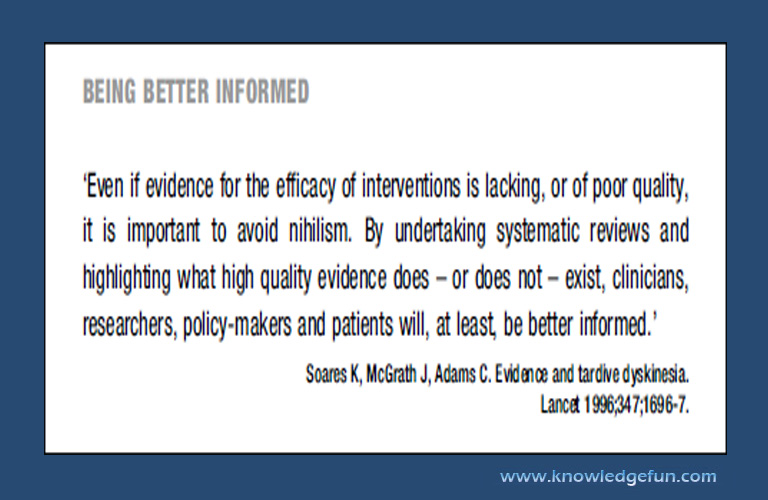Hypnosis
Some forms of hypnosis (also called hypnotherapy) are considered to be CAM therapies, although the use of hypnotherapy for certain conditions were accepted long time ago by the medical associations. Hypnosis involves the introduction of a state of deep relaxation during which the patient is more easily influenced (more suggestible). While the patient is in such a hypnotic trance, the practitioner tries to help him or her change unwanted behavior or deal with pain or other symptoms.
Hypnosis can be used by medical professionals (M.D.s or D.O.s) but is also offered by hypnotherapists. Physicians are certified by their own associations; many countries require hypnotherapists to be licensed, but the requirements for licensing may vary substantially.
Hypnosis has been studied for a number of conditions, including irritable bowel syndrome (IBS), state anxiety (e.g., before medical procedures or surgeries), menopausal symptoms, hot flashes in breast cancer survivors, headaches, and post-traumatic stress disorder. It has also been studied for pain control and smoking cessation.
Some studies have suggested that hypnosis may be helpful for gastrointestinal symptoms, anxiety, depression, disability, and health-related quality of life in people with IBS.
A growing body of evidence suggests that hypnosis may help to manage some painful conditions.
There is some evidence suggesting that hypnosis may help improve certain menopausal symptoms, such as hot flashes.
Studies of hypnosis to help with quitting smoking have had conflicting results.
Some studies have shown promising results on hypnosis for anxiety related to medical or dental procedures, but the overall evidence is not conclusive.
Browse Related Info:
- Mind and Body Interventions or Practices
- Yoga
- Meditation
- How Meditation May Work
- Acupuncture
- Relaxation Techniques
- Chiropractic Manipulation
- Osteopathic Manipulation
- Tai Chi
- Qi Gong
- CAM Natural Products
- Herbal Remedies
- Wellness and Well-Being
- Health Pages
- Testing Treatments

Did You Know?
The amount of research on mind and body approaches varies widely depending on the practice. For example, researchers have done many studies on acupuncture, yoga, spinal manipulation, and meditation, but there have been fewer studies on some other practices.
Many studies have shown that support groups, frienships, strong family relationships, and prayer can all have a positive impact on health.
Many countries (states or provinces) have regulatory agencies or licensing boards for certain types of practitioners. They may be able to provide you with information regarding practitioners in your area.
Belief can have both psychological and physical effects.
Meditation
The term meditation refers to a group of techniques, most of which started in Eastern religious or spiritual traditions. These techniques have been used by many different cultures throughout the world for thousands of years. Today, many people use meditation outside of its traditional religious or cultural settings, for health and wellness purposes.
In meditation, a person learns to focus his attention and suspend the stream of thoughts that normally occupy the mind. This practice is believed to result in a state of greater physical relaxation, mental calmness, and psychological balance. Practicing meditation can change how a person relates to the flow of emotions and thoughts in the mind.
Meditation is practiced both on its own and as a component of some other therapies, such as yoga, tai chi, and qi gong.







